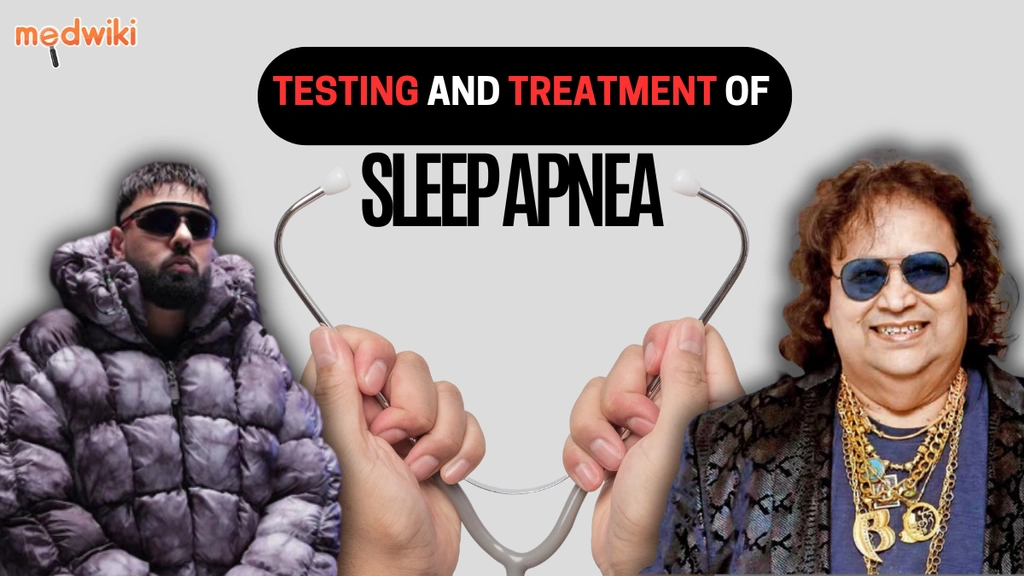Cardivas-CR 10mg Tablet 10s
Introduction to Cardivas-CR 10mg Tablet 10s
Cardivas-CR 10mg Tablet 10s contains Carvedilol which is classified as a medication prescribed to manage conditions like high blood pressure and heart issues.
Carvedilol works by blocking certain signals in the body, making the heart's job easier, and relaxing blood vessels. This mechanism results in lower blood pressure Additionally, Carvedilol acts as an antioxidant, providing support for heart health.
Follow your doctor's guidance for Carvedilol, taking it in the prescribed dose and duration You can take the medicine with or without food, but maintaining a consistent daily time is recommended for better results.
Common side effects of Carvedilol may include headache, fatigue, dizziness, breathlessness, and decreased blood pressure.
Carvedilol is often prescribed for heart conditions Patients with a history of severe heart failure, heart block, or certain other heart conditions should use Carvedilol cautiously, and dosage adjustments may be necessary. It can interact with various medications, so patients should inform their healthcare provider about all medications, including overthecounter drugs and herbal supplements, to avoid potential interactions. The safety of Carvedilol during pregnancy and breastfeeding is not wellestablished, and pregnant or breastfeeding individuals should. consult with their healthcare provider before using Carvedilol.
If a dose of Carvedilol is missed, take it when you remember However, if the next dose is close, skip the missed one and stay on the regular schedule Avoid taking two doses at once Consult your doctor for guidance on managing missed doses effectively
Related Faqs

Who should not take Carca?
It is essential to steer clear of Carca in patients suffering from severe heart failure and are admitted to the intensive care unit or requiring specific intravenous medications for circulatory support such as inotropic medications Furthermore individuals prone to asthma or other respiratory conditions experiencing a slow or irregular heartbeat heart that skips a beat having liver problems or being allergic to Carca should also avoid its usage Taking these precautions is crucial for the safety and wellbeing of the patients Therefore it is imperative for healthcare professionals to carefully assess the medical history and condition of individuals before prescribing Carca or any related medications By doing so the risk of potential complications or adverse effects can be minimized ensuring the best possible healthcare outcomes for the patients Ultimately the decision to avoid Carca in these specific cases aims to provide personalized and optimal treatment strategies tailored to the individuals unique needs and circumstances

What happens when you stop taking Carca?
It is crucial to adhere to your doctors instructions and take Carca consistently Abruptly discontinuing this medication might lead to severe consequences such as chest pain or even a heart attack Your doctor may decide to gradually decrease your dosage over a specific duration before completely stopping it if necessary Ensuring compliance with these guidelines is essential for your wellbeing and overall health Please consult with your healthcare professional for personalized advice regarding the usage and discontinuation of Carca

Can a diabetic patient take Carca?
Yes, a diabetic patient can take Carca, provided that there is a regular check on blood glucose levels. It has been noted that in well controlled diabetes mellitus with mild to moderate hypertension, Carca did not have any effect on blood glucose levels. However, it is important to know that, using Carca class of medicines (beta blockers) may hide the symptoms of hypoglycemia (decrease in glucose levels), especially increase in heart beat or palpitations. In addition to that, Carca may cause worsening of hyperglycaemia (increase in blood glucose levels) in patients with heart failure and diabetes. Hence, it is recommended that blood glucose should be monitored while initiating, adjusting, or discontinuing the dose of Carca. Inform the doctor if there is any change in blood glucose levels during Carca therapy.

What happens when you stop taking Carca?
It is crucial to adhere to the prescribed schedule and take Carca as directed by your doctor Abruptly discontinuing the medication could potentially lead to chest pain or even a heart attack If your doctor determines that the treatment is no longer necessary they may gradually decrease your dosage over a specified duration before ultimately ceasing it if deemed appropriate It is important to follow your doctors guidance throughout this process to ensure your wellbeing and avoid any adverse effects Remember to consult with your healthcare provider before making any changes to your medication regimen

Can I take Carca empty stomach?
Its highly advisable to consume Carca along with a meal as this can slow down the absorption rate of the medication in your body By doing so you can minimize the likelihood of experiencing orthostatic hypotension which is characterized by low blood pressure leading to dizziness or fainting upon standing up By taking Carca with food you allow for a controlled and gradual release of the medicine allowing your body to adjust more effectively and reducing the risk of sudden drops in blood pressure This precautionary measure ensures that you can carry out your daily activities without any interruption caused by orthostatic hypotension Remember always follow the guidance provided by your healthcare professional and refer to the medications instructions for optimal results Taking Carca with food is a simple yet significant step towards ensuring your wellbeing and avoiding potential adverse effects

Can a diabetic patient take Carca?
Yes, a diabetic patient can take Carca, provided that there is a regular check on blood glucose levels. It has been noted that in well controlled diabetes mellitus with mild to moderate hypertension, Carca did not have any effect on blood glucose levels. However, it is important to know that, using Carca class of medicines (beta blockers) may hide the symptoms of hypoglycemia (decrease in glucose levels), especially increase in heart beat or palpitations. In addition to that, Carca may cause worsening of hyperglycaemia (increase in blood glucose levels) in patients with heart failure and diabetes. Hence, it is recommended that blood glucose should be monitored while initiating, adjusting, or discontinuing the dose of Carca. Inform the doctor if there is any change in blood glucose levels during Carca therapy.
Disclaimer : This information is not a substitute for medical advice. Consult your healthcare provider before making any changes to your treatment . Do not ignore or delay professional medical advice based on anything you have seen or read on Medwiki.
Cardivas-CR 10mg Tablet 10s
Prescription Required
Packaging :
strip of 10 tablets
Manufacturer :
Sun Pharmaceutical Industries LtdComposition :
Carvedilol (10mg)















.svg)